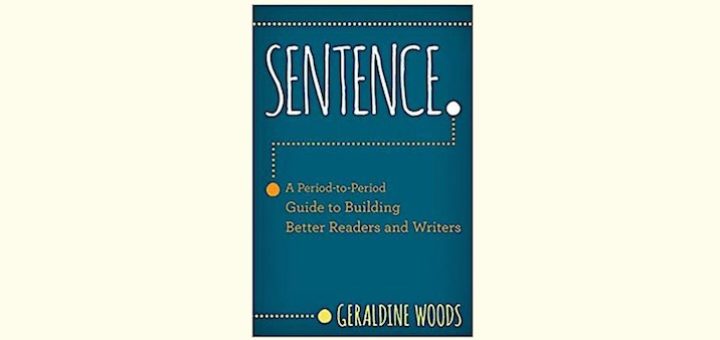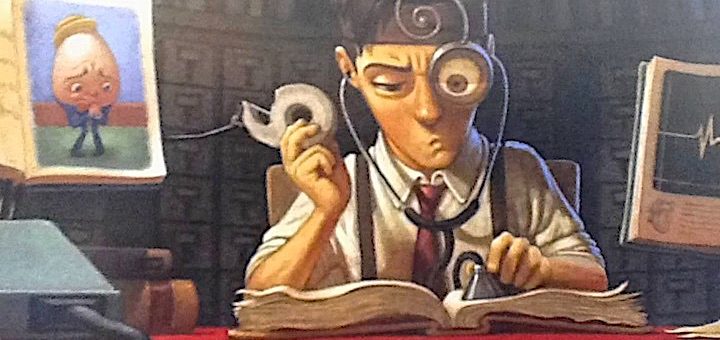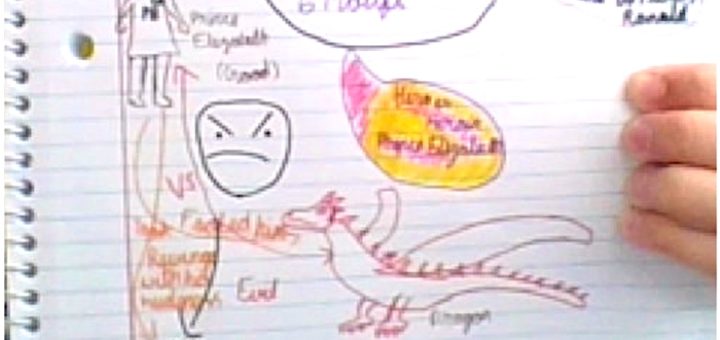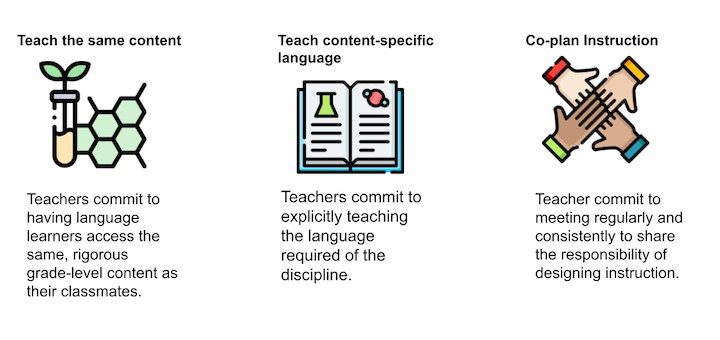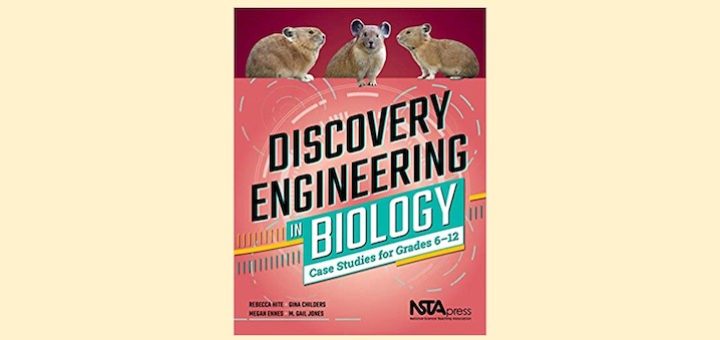Teaching and learning in grades 4-8
Kasey Short shows how your middle grades school can create a Wellness Fair to highlight that stress is normal, showcase that mental health is a priority, and provide students an opportunity to learn and practice a variety of coping skills. And kids will have fun doing it!
Rebecca Crockett values the work Geraldine Woods has done in creating Sentence. A Period-to-Period Guide to Building Better Readers and Writers and the expertise she shares with teachers less experienced with this method of teaching. Destined to be an oft-referenced book!
Whether his soon-to-be teachers are spending an hour or all day with students, the question teacher educator Curtis Chandler most often hears from them is this: “How can I better support my students who are English language learners?” His 2022 resolution – prepare them better.
When students tackle fact-rich texts, teachers may need to shift into focused instruction mode, modeling the strategic processing nonfiction readers use to make sense of new information. Cummins and Webb share a teacher-student partnership scenario.
Katie Durkin’s 7th graders are once again able to visit the school library, and she has three goals for them: tap into the expertise of librarians; learn how to preview a fiction or nonfiction text; and grow the skills to become expert book hunters. Don’t miss the infographic!
Anne Anderson has added read-alouds and other picture books to her calendar celebrations – an engaging collection of odd information, birthdays of the famous and not-so-famous, and lesser-known holidays. See the Fantastic Flying Books and other top picks for December, January and February!
Sketchnotes give kids the chance to express themselves with an assignment that falls in the gray area between ‘correct’ and ‘incorrect.’ Sixth grade teacher Kelly Owens explains how she and her co-teaching colleague use sketchnoting as a technique to promote growth mindset.
Drawing on the work of co-teaching expert Anne Beninghof, language specialist Tan Huynh shows how three essential commitments of co-teaching can ground collaborative work. Tan focuses on teaching the same content, using content-specific language, and co-planning instruction.
Discovery Engineering in Biology offers 20 thoughtful case studies, each centering around a different scientific phenomenon or discovery followed by additional activities with an engineering challenge closing out the lesson. A real winner for MS science teacher Ilana Cyna.
We often turn to friends when we’re looking for new books to read. The same is true for students. Making book talks a regular part of your classroom gives kids a platform to recommend books they love and want to share. Lynne Dorfman and Brenda Krupp offer helpful tips and tools.


